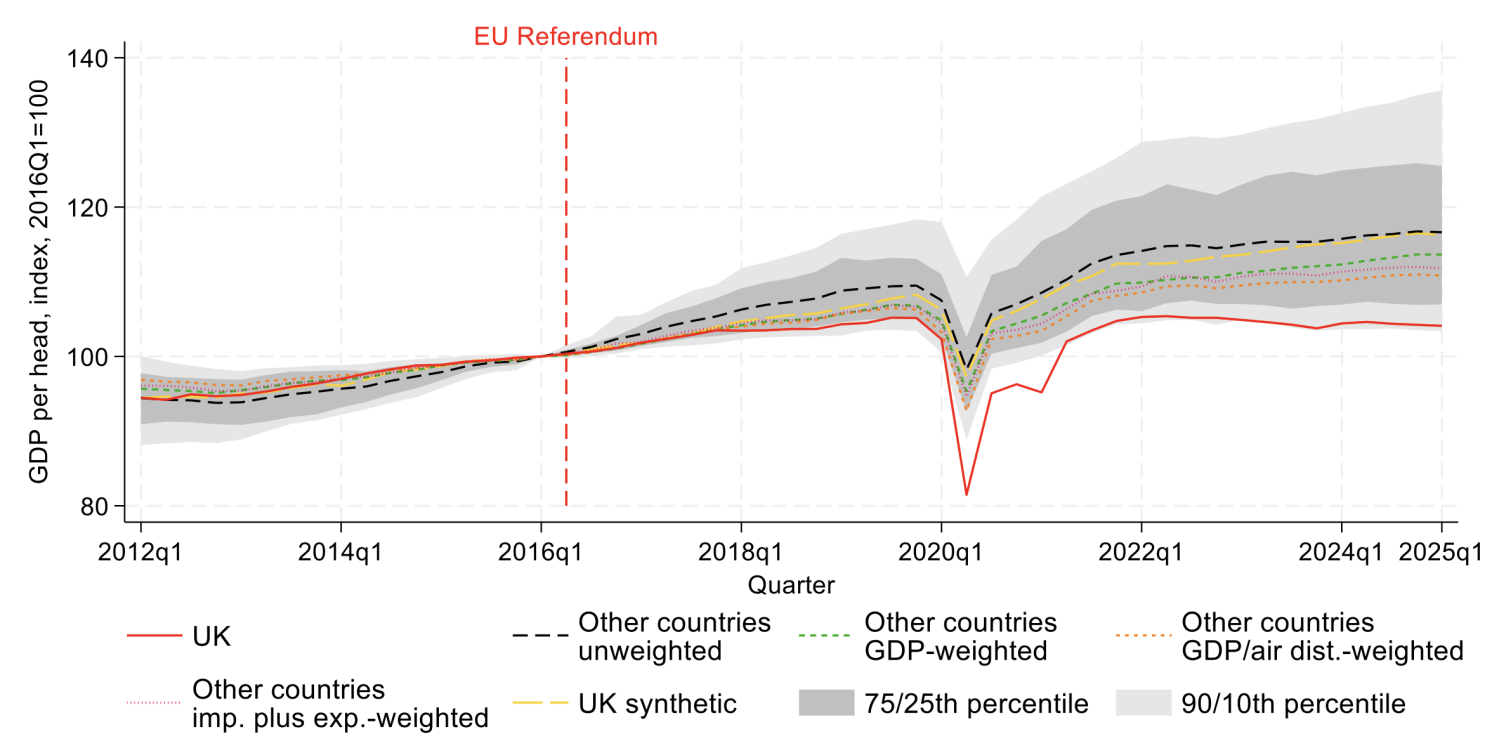- Target date funds (TDFs) have several shortcomings, including a one-size-fits-all approach and high risk at the target date, but personalized target date accounts (PTDAs) can address these issues.
- Advisor Friendly Personalized Accounts (AFPA) offer benefits such as personalization, flexibility, cost-effectiveness, and improved retirement readiness.
- Fiduciaries should consider using AFPAs to fulfill their duty of care and protect beneficiaries from potential harm.
At $3.5 trillion and growing, target date funds (TDFs) are the largest 401(k) investment, despite the general awareness that TDFs are flawed, and getting old. Here are some of the shortcomings in TDFs that should not be a surprise to you, starting with the most critical.
Target Date Fund Shortcomings
- One-size-fits-all is a failed model.
- All investments are proprietary, managed by the TDF provider. No investment manager is skilled in all assets.
- High risk at the target date – 55% equities plus 40% long-term bonds.
- Old school initiated 30 years ago.
- Oligopoly Just 3 firms manage 70% of the assets.
- Big loser in 2008 — more than 30% loss – and 2022—more than 15%
- Grouped into 10-year target ranges.
Surprises
It should be a surprise to learn that TDFs are only pretending to use academic research for their glidepath design, as revealed in this article. They take way more risk at the target date than academically prescribed.
But it shouldn’t be a surprise to learn that there are solutions to these problems, and they’re getting better. You haven’t heard much about them because oligopolies stymie innovation. Fiduciaries own their decisions and want to believe they are wise, but fiduciaries can and should do better.
And it might be a surprise to learn that investment advisors are in the driver’s seat for modernizing TDFs.
Modernization
Under the right structure, advisors run the show. All they need is the right software. Personalized target date accounts (PTDAs) modernize the target date approach and solve the problems with TDFs. PTDAs marry TDFs with managed accounts. This marriage keeps getting better. PTDAs have been around for a while, provided by non-oligarchs like Empower, PIMCO and Target Date Solutions.
PTDAs are not identical. Some do not need or welcome advisors while others do. The approaches that need and welcome advisors provide software that enables the plan’s recordkeeper to manage separate accounts along lifecycle glidepaths that solve the shortcomings in TDFs.
The plan’s investment advisor runs the show in these advisor-friendly structures by selecting investments and overseeing recordkeeper account management. We’ll call the advisor friendly products AFPA – Advisor Friendly Personalized Accounts.
A dozen benefits of AFPA
AFPA is designed to meet the individual needs of each participant. It offers a number of advantages over traditional target date funds and other PTDAs, including:
- Personalization: Considers each participant’s individual risk tolerance, time horizon, and financial goals. This helps to ensure that each participant is invested in an asset allocation that is appropriate for them. Personalization is the ultimate customization. It’s important because investing is personal.
- Both defaulted and self-directed participants benefit: Something for everybody.
- Tracks a solid glidepath with a proven history: Win by not losing.
- Puts the investment advisor in the driver’s seat: AFPA is a partnership with advisors and recordkeepers.
- Target date is the precise month of retirement: No more grouping in 10-year or 5-year ranges.
- Flexibility: Offers a variety of investment options, so participants can choose the ones that best meet their needs. This flexibility can help participants to achieve their retirement goals more effectively.
- Cost-effectiveness: More cost-effective than traditional target date funds and managed accounts. This is because it does not require the same level of administrative overhead.
- Improved retirement readiness: Helps participants improve their retirement readiness by providing them with a personalized investment strategy that is tailored to their individual needs.
- Increased participation: Helps increase participation by making it easier for participants to choose an investment strategy that is right for them.
- Substantive prudence: is doing what is right and best for participants. By contrast, “procedural prudence” is doing what others do, even if it’s not the best for participants. Excessive fees were procedurally prudent until lawsuits changed that.
- Manages Sequence of Return Risk: Defends at the target date because losses in the Risk Zone can ruin a retirement with dignity. Less than 40% risky.
- Paternalistic: Aims to protect beneficiaries from harm.
Conclusion
The TDF oligarchs – Vanguard, Fidelity and T Rowe Price – do not provide PTDAs. Oligopolies are never good for consumers because they block new entrants and stifle innovation. Oligarchs like the status quo, so they protect it.
Reasons that fiduciaries should use AFPA include:
- The fiduciary Duty of Care is like our responsibility to protect our children from possible harm.
- From a legal perspective, the best fiduciary protection is beneficiary protection.
When investment losses harm beneficiaries, morale is damaged, and employees look to their employer for restitution. The savings plan asset becomes a liability.
The views and opinions expressed herein are the views and opinions of the author and do not necessarily reflect those of Nasdaq, Inc.





































